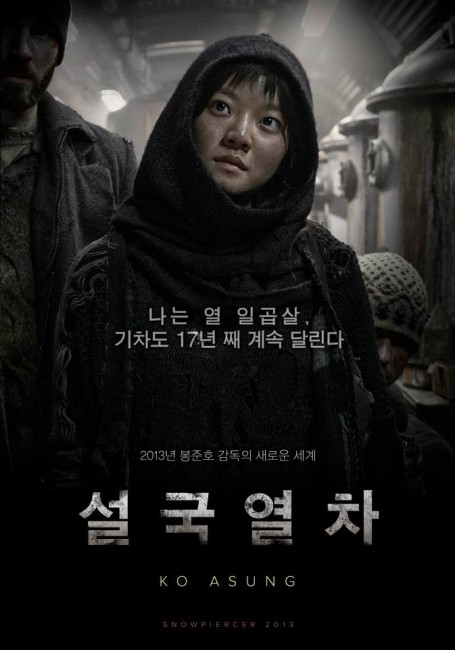Cannes Tidbits: Deals, Toons, and Oscar Futures
 Saturday, May 17, 2014 at 10:30PM
Saturday, May 17, 2014 at 10:30PM  I haven't organized my thoughts. I'm warning you up front. I am just collecting them like dead leaves and throwing them at you in chunks with links to related articles. I'm doing my meager part to engage with Cannes from my Harlem apartment across the ocean...
I haven't organized my thoughts. I'm warning you up front. I am just collecting them like dead leaves and throwing them at you in chunks with links to related articles. I'm doing my meager part to engage with Cannes from my Harlem apartment across the ocean...
COMPETITION & UN CERTAIN REGARD
After that much maligned Monaco kick-off, not uncommon with festival openers, Cannes competition films have been collecting more fans. Well, not Atom Egoyan's Captive (which was booed) but the others. And frankly no film festival ever wins consensus "that was awesome" reviews anyway. It's part of the ritual this 'it's a terrible year for the fest!' hand-wringing.
Diana chimed in earlier today on the African film Timbuktu and Mike Leigh's artist biopic Mr. Turner which we can safely suspect will win plentiful Oscar talk. There's a ceiling for Leigh films with Oscar but the Academy adores him nonetheless. Since his mainstream breakthrough Secrets and Lies (5 nominations / 0 wins) all but 2 of his pictures have won at least a screenplay nomination with Topsy Turvy and Vera Drake (period pieces like Mr Turner) proving most popular. To date Topsy Turvy is the only Mike Leigh picture to win any Oscar statues and Mike Leigh himself, though a 7 time nominee, is still Oscar-less. That's probably good news for Mr. Turner on both the 'overdue' front and the 'it takes a period piece and a genre they love' (in this case the biopic) truth about awards bodies. If you're interested in Mike Leigh's process (and many are since it's so unusual) there's an article in the LA Times where he explains why they still do the same character creation groundwork for months before shooting even though the actors are playing real people rather than fictional ones. I think Mr Turner is also inspiring some interesting reviews (including this one from David Poland who compares it to the Grand Budapest Hotel of all things)
More Oscar hopefuls, deals, and animated buzz after the jump...








